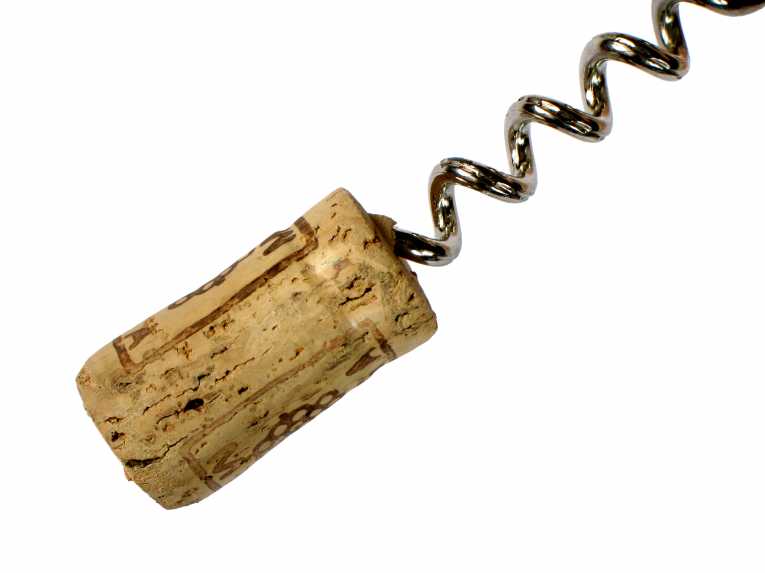In recent years, synthetic plastic bottle stoppers have been steadily replacing the traditional cork stoppers used to bottle wines, amid fears that cork extraction leads to declining biodiversity.
A new study published in the journal Biological Conservation (in press), proves exactly the opposite, demonstrating that cork extraction is in fact an economic activity that should be promoted for the benefit of biodiversity. The research is the first to look at the impact of cork extraction on biodiversity, using birds as indicators.
In the cork-making process, long strips of bark are taken from the cork oak, Quercus suber, every 9 years, starting when the tree is about 25 years old. The bark then regenerates throughout the life of the tree. Generally, cork oaks dominate areas of Mediterranean agro-forestry-pastoral systems called montados.
Montados are known to be important breeding habitat for many Mediterranean birds, including endangered species such as the Spanish imperial eagle (Aquila adalberti) and the black stork (Ciconia nigra).
Promotional campaigns for synthetic bottle stoppers claim that demand for cork stoppers is leading to an over-stripping of trees, with negative consequences for montadosand their biodiversity.
However, exactly how debarking cork oaks influences biodiversity has never previously been carefully studied. The new study looks at how bird densities differ between areas of recently extracted cork and older cork which has had time to recover.
The results indicate that although a few species that glean prey from bark have lower densities in recently stripped areas, the majority of species were entirely unaffected by debarking. The authors of the study also highlight that despite showing slight declines immediately after debarking, bark-gleaning species still had stable populations at the landscape level, and that montados remained the most favourable habitat in that region.
The report concludes that, contrary to some claims, cork extraction is compatible with maintaining biodiversity in montados, citing it as an example of the balance that can be achieved between socio-economic development and biodiversity conservation.
Currently, around 100,000 people are employed in cork-related activities in the seven Mediterranean cork-producing countries. But, with the advent of plastic bottle stoppers, the economic viability of montados has been greatly reduced, and land is consequently being abandoned in many areas and replaced with other land uses much less valuable for birds and other biodiversity - a problem which is already affecting areas in Spain, Portugal, France and Italy.










